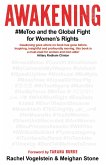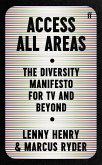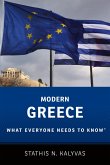In 2020, after three and a half years of bitter negotiations, Britain left the European Union. For some it was a day of freedom, for others a tragedy which would leave Britain isolated and poorer. Vote Brexit, the Remain campaign warned us, and it would be an act of self-harm. The economy would collapse, sending prices and unemployment soaring. Meanwhile, in contrast to xenophobic, inward-looking Britain, the EU would soar ahead without us. But is that really what has happened? Ross Clark reveals just how badly the EU is doing - and how in many ways Britain is doing better. Since Brexit, for example, the UK economy has grown faster than Germany's. In spite of inflation which followed the pandemic and the invasion of Ukraine, Britain has the lowest food prices in Europe. The air is cleaner than in many countries. Surveys repeatedly suggest there is less racism and xenophobia in Britain than in almost any other European country. For years, European economies have been far more sluggish than those of other developed countries. In the absence of economic growth and with high migration, European societies are strained. The far right is advancing and public disillusionment with the EU growing quickly. While Britain shares many of Europe's problems to a greater or less extent, this hard-hitting polemic argues that it now has the means to disentangle itself from the EU's draw strings set off on a more prosperous path.
Hinweis: Dieser Artikel kann nur an eine deutsche Lieferadresse ausgeliefert werden.
Hinweis: Dieser Artikel kann nur an eine deutsche Lieferadresse ausgeliefert werden.








